Chapter 13 vs. Chapter 11 Bankruptcy: What Business Debtors Should Know
For business owners facing a mountain of debt, filing bankruptcy may be the only viable option. But what if you’re a business debtor who wants to keep their business open and not dissolve it in Chapter 7 bankruptcy? Fortunately, there are two bankruptcy options that allow you to restructure your business debts—Chapter 11 and Chapter 13 bankruptcy.
Similarities
There are many similarities between Chapter 11 and Chapter 13 bankruptcy. Let’s take a look at a few.
Both bankruptcy chapters allow you to keep business property as long as you have a viable plan for making payments.
Both bankruptcy chapters allow you to discharge debts that you can’t afford to pay.
Both bankruptcy chapters give you an opportunity to modify some secured debts.
While the similarities between Chapter 11 and Chapter 13 bankruptcy are important, the differences are critical when deciding which chapter is right for you when restructuring your debts.
Trustee Presence
When a business files Chapter 13 bankruptcy, a trustee is required while a Chapter 11 bankruptcy does not require a trustee. There is an exception to this rule—a trustee may be appointed in a Chapter 11 bankruptcy case if there is evidence of fraud or mismanagement. It’s also important to note that while Chapter 13 bankruptcy requires a trustee, the trustee’s role is administrative in that they review documents, collect debtor payments, and distribute money to creditors.
Debt Limits
Almost anyone can file Chapter 11 bankruptcy—someone with a lot of debts or very few debts. However, Chapter 11 bankruptcy can be expensive and complicated. On the other hand, debtors who want to file Chapter 13 bankruptcy debt amounts must be below a certain limit and that can differ from state to state. Anyone who owes more than the debt limits established by the bankruptcy court is not allowed to file Chapter 13 bankruptcy. It’s important to note that in a business bankruptcy the debt limit excludes debt owed to business insiders such as family members.
Type of Debtors
Partnerships, corporations, and multi-member LLCs are prohibited from filing Chapter 13 bankruptcy. If you’re a sole proprietor or the sole member of an LLC and can transfer the assets of your business to yourself, you are eligible to file Chapter 13 bankruptcy as long as you meet the debt limits and other requirements for your jurisdiction.
Repayment Time
Chapter 13 bankruptcy repayment plans usually last anywhere from three to five years while Chapter 11 bankruptcy repayment plans have no limit on how long they can last. This is an important difference for debtors who owe a lot of money but need more than 5 years to repay it.
Disposable Income
Chapter 13 bankruptcy rules require that all of a debtor’s disposable income go to paying off creditors. However, there is no such requirement in Chapter 11 bankruptcy. If you’re filing Chapter 11 bankruptcy, the rules are more complicated and should be discussed with an attorney.
If you’re considering a business bankruptcy, speak with an experienced bankruptcy attorney about all your options.


